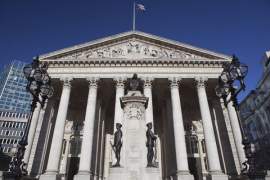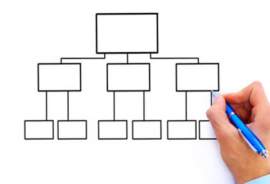
Public Finance

What is Public Finance
The purpose of public finance is a description that looks at the governmental effects, efficient resource allocation distribution of income, and macroeconomic stabilization of the expenditures and revenue of public authorities. The collection of adequate resources from the economy in a suitable manner along with apportioning and use of these assets efficiently and successfully constitute good financial management. Issues such as resource allocation, resource generation, and expenditure management are some of the necessary components in a public financial management system.
The appropriate role of government offers a starting point for the examination of public finance. Theoretically, under certain conditions private markets will assign goods and services among individuals proficiently, in a way that does not allow waste to occur while allowing for individual tastes to match the productive abilities of the economy. If the private markets had the ability to provide efficient results and if the dissemination of income were publicly acceptable, then there would be very little if not no scope for government. The In many situations, however, the conditions for efficiency in the private market are very often violated.
In respect public finance, market failure happens when the private markets do not properly allocate goods or services in an efficient manner. The existence of market failures allows for efficiency-based rationale for a collective or governmental provision of services and goods. Public goods, informational advantages, externalities, network effects, and strong economies of scale, all can cause market failures.
Public finance is very closely connected to various issues of social equity and income distribution. Governments may reallocate income by transferring payments or by creating tax systems that look at treat high-income or low-income households in a different manner.
Government Expenditures and Financing in Public Finance
Economists typically classify government expenditures into three different categories. There are government purchases of services and goods for current use which are called government consumption. The second expenditure is the purchases of services and goods that are intended to make future benefits, like research spending or infrastructure investment, which are government investments. The last government expenditure is the represent transfers of money rather than purchase of services and goods , for example social security payments, which are transfer payments.
In order to pay for these expenditures in public financing, the government finances these expenditures through government non-tax revenue and taxes or through government borrowing.
The method that a government decides on to finance its government expenditures can have profound effects on the country’s distribution of wealth, income, and income redistribution as well as the efficiency of the country’s markets in terms of the effect of the taxes on efficiency and market prices. The concern of how taxes can affect income distribution is very closely related to tax incidence, which looks at the dispersal of tax loads after-market adjustments are looked at. Research with public finance also looks at the effects of the different types of taxes as well as types of borrowing along with administrative concerns, like tax enforcement.
NEXT: Unemployment





















